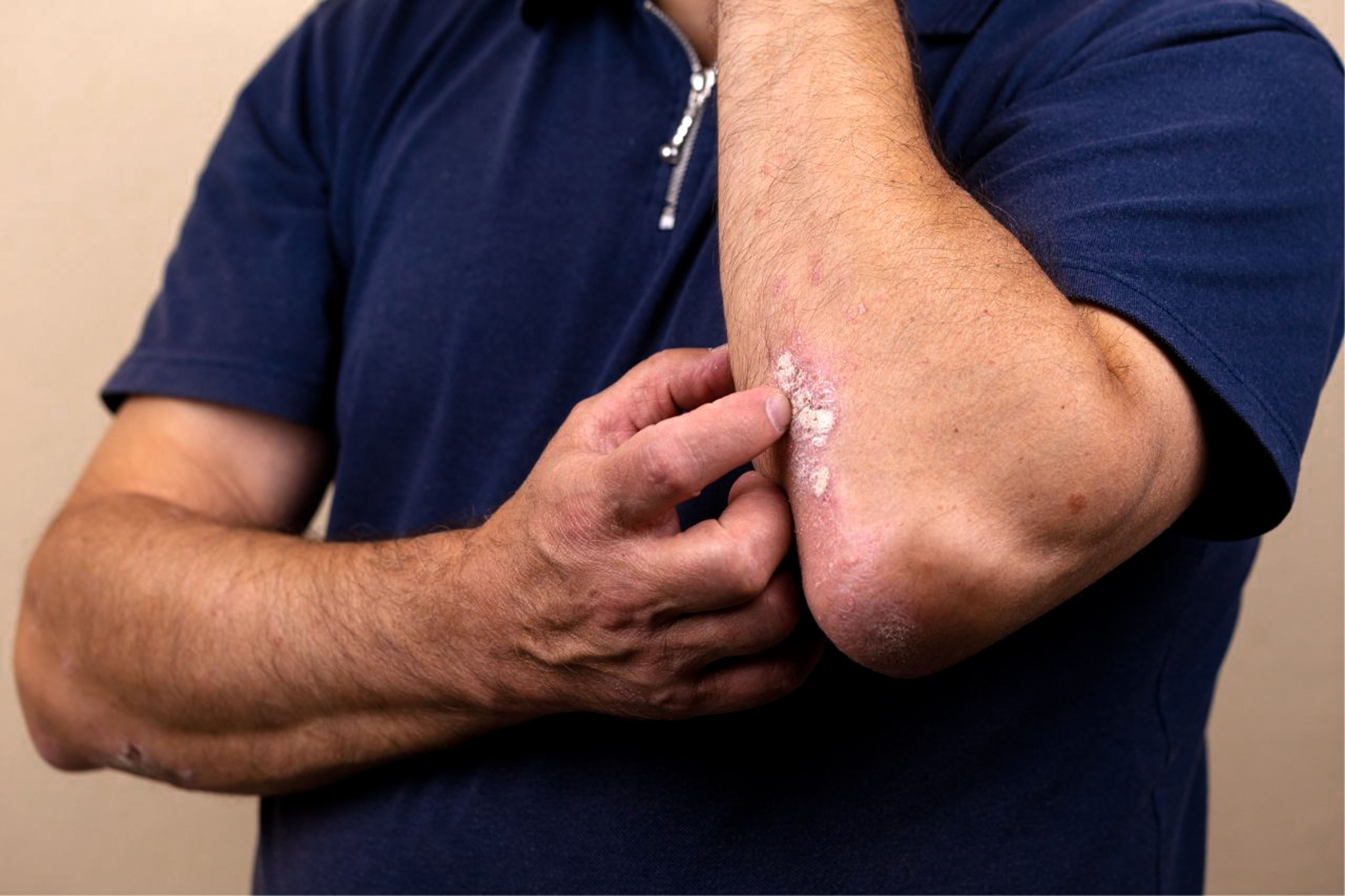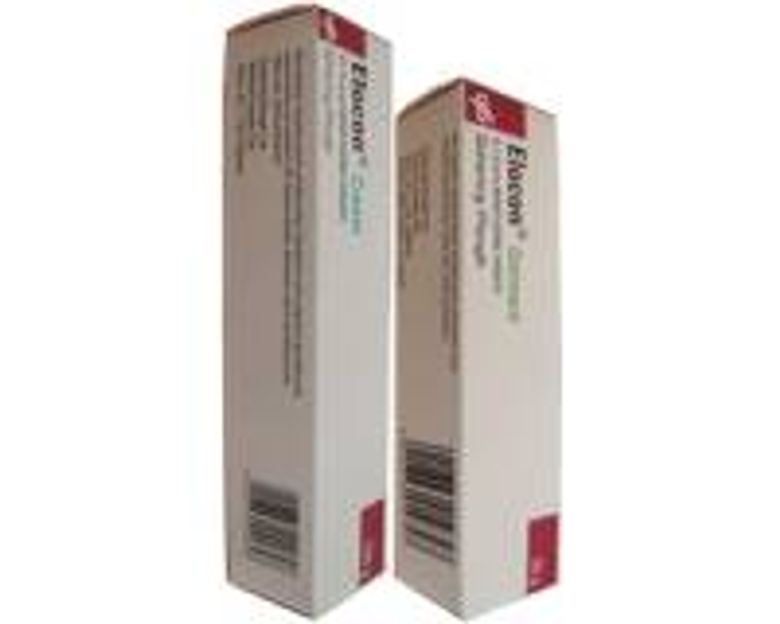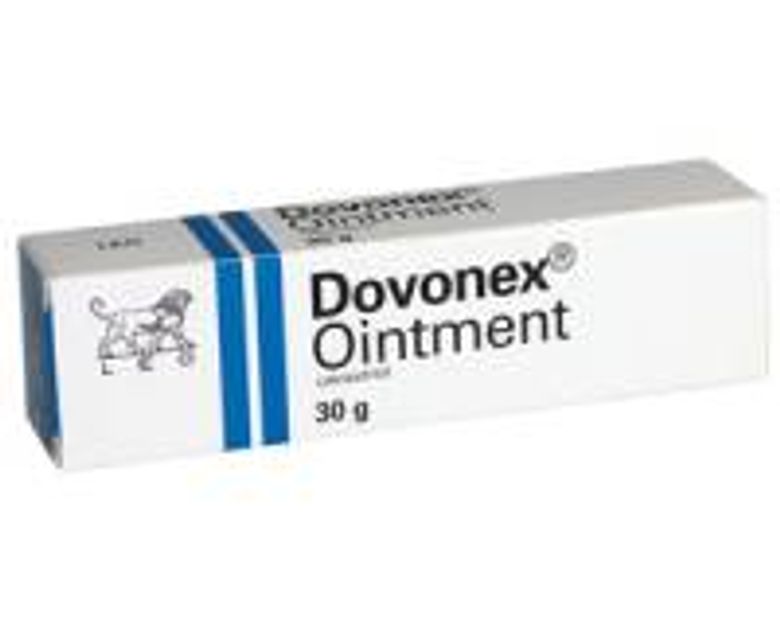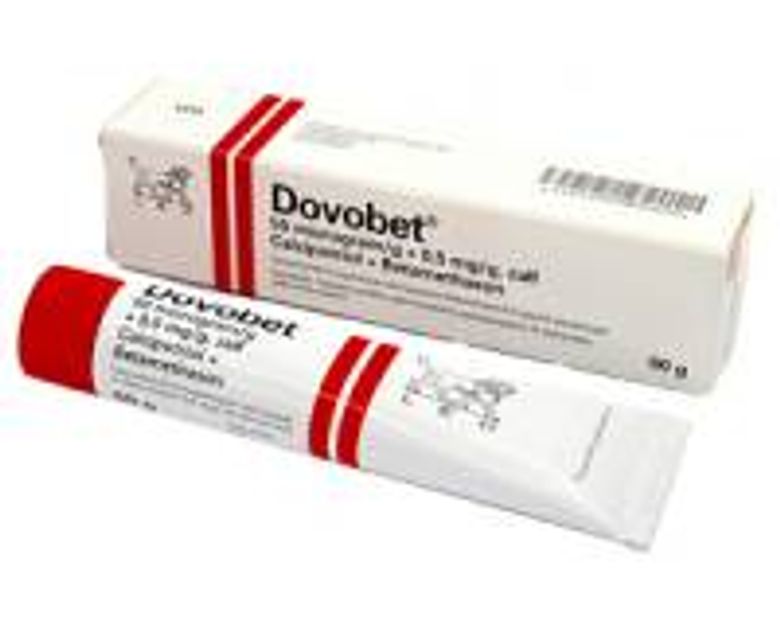Psoriasis is a chronic skin condition characterized by the rapid production of skin cells, leading to red, scaly patches on the skin. Although the disease is not contagious, it can appear at any age, with most cases starting during young adulthood. There is no cure for psoriasis, and treatments are focused on reducing inflammation and scaling.
The most common form, known as psoriasis vulgaris, typically presents with the following symptoms:
- Clearly defined patches of red or white skin, often covered with a silver or white scaly layer.
- Itching or painful patches.
- Pus-filled blisters that may form on top of the affected areas.
Psoriasis vulgaris can occur anywhere on the body, but it is frequently seen on the knees, elbows, and lower back. Other types of psoriasis include:
- Psoriasis capitis: Characterized by severe scaling of the scalp.
- Inverse psoriasis: Red lesions found in skin folds.
- Guttate psoriasis: Small, drop-shaped spots scattered across the body.



